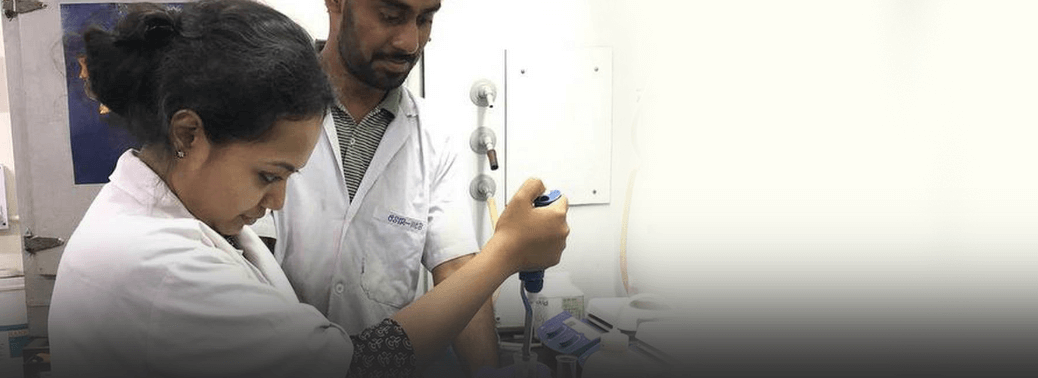KOLKATA RESEARCHERS USE NOVEL COMPOUND TO KILL CANCER CELLS
12, May 2019

Prelims level : Science and Tech
Mains level : GS-III Technology, Economic Development, Bio diversity, Environment, Security and Disaster Management
why in News:
- Researchers at Kolkata’s the Indian Institute of Chemical Biology (CSIR-IICB) and the Indian Association for the Cultivation of Science (IACS) have designed and synthesised about 25 quinoline derivatives that show potent anticancer activity.
Background:
- The compounds were tested in vitro against human Topoisomerase 1 (topo1) activity and their efficacy to kill cancer cells was carried out using breast, ovarian, cervical and colon cancer cell lines. The results of topo1 inhibition activity, cellular mechanisms and the cancer cell line studies carried out at IACS and the compounds designed and synthesised by IICB researchers were published in the Journal of Medicinal Chemistry.
Topoisomerase 1:
- Topoisomerase 1 is a fundamental enzyme that is essential for replication. DNA is in a supercoiled state and has to be unwound before replication can take place.
- For the DNA to uncoil, the topo1 enzyme has to first bind to the DNA and form a complex. Once the complex is formed, the topo1 enzyme cleaves one strand of the DNA thus allowing the DNA to uncoil. Once uncoiling is completed, the topo1 enzyme re-joins the cleaved DNA strand for replication to take place.
- Existing drugs and the quinoline derivatives synthesised by the IICB team have the ability to trap the complex thereby not freeing the topo1 to re-join the cleaved DNA strand. As the number of trapped complexes in the DNA increases, the amount of free topo1 enzyme available to repair the cleaved DNA strand reduces.
- Also, other enzymes involved in replication and transcription (where DNA is converted into RNA) come and collide with the trapped topo1 and this causes more DNA breaks.
- As a result, replication gets affected leading to DNA break and cancer cell death






